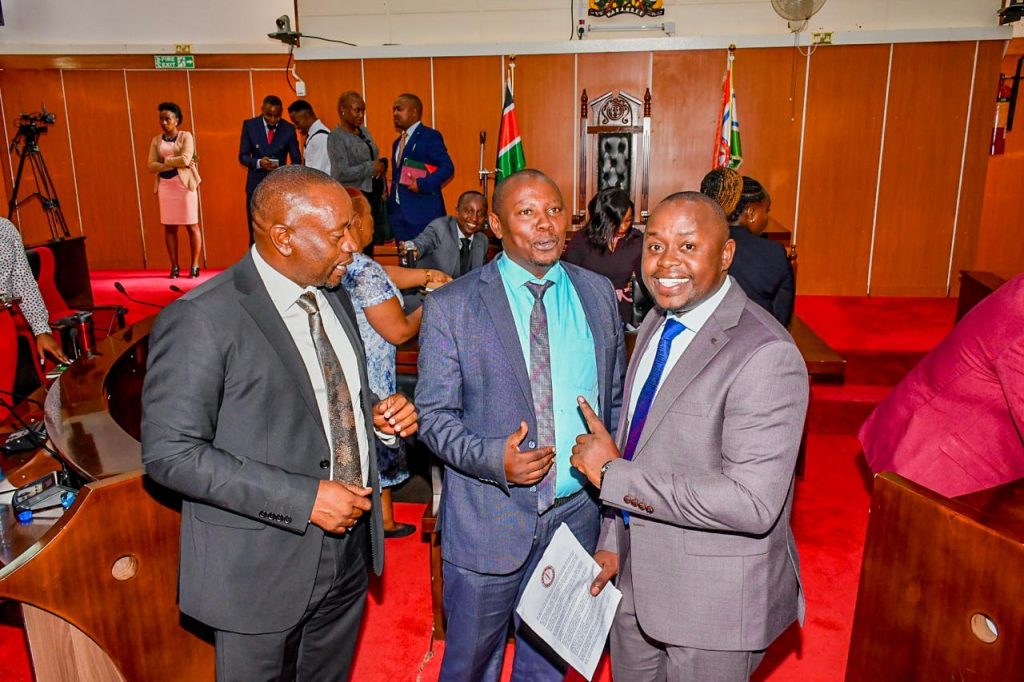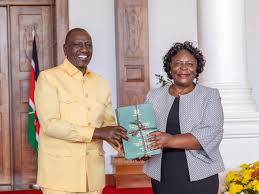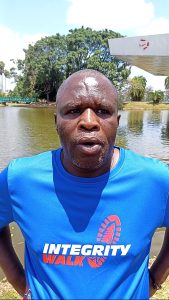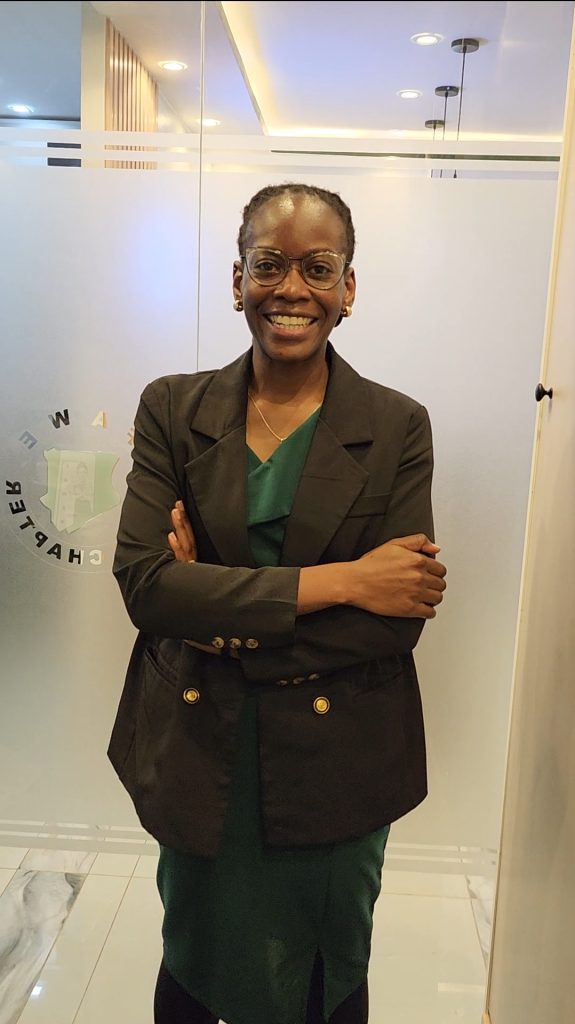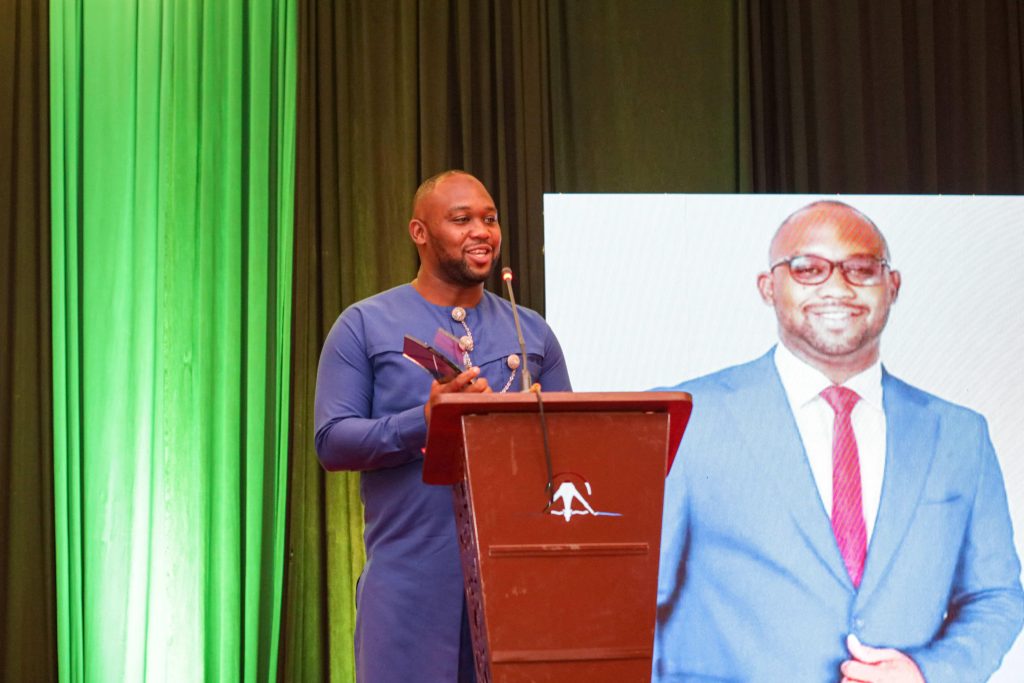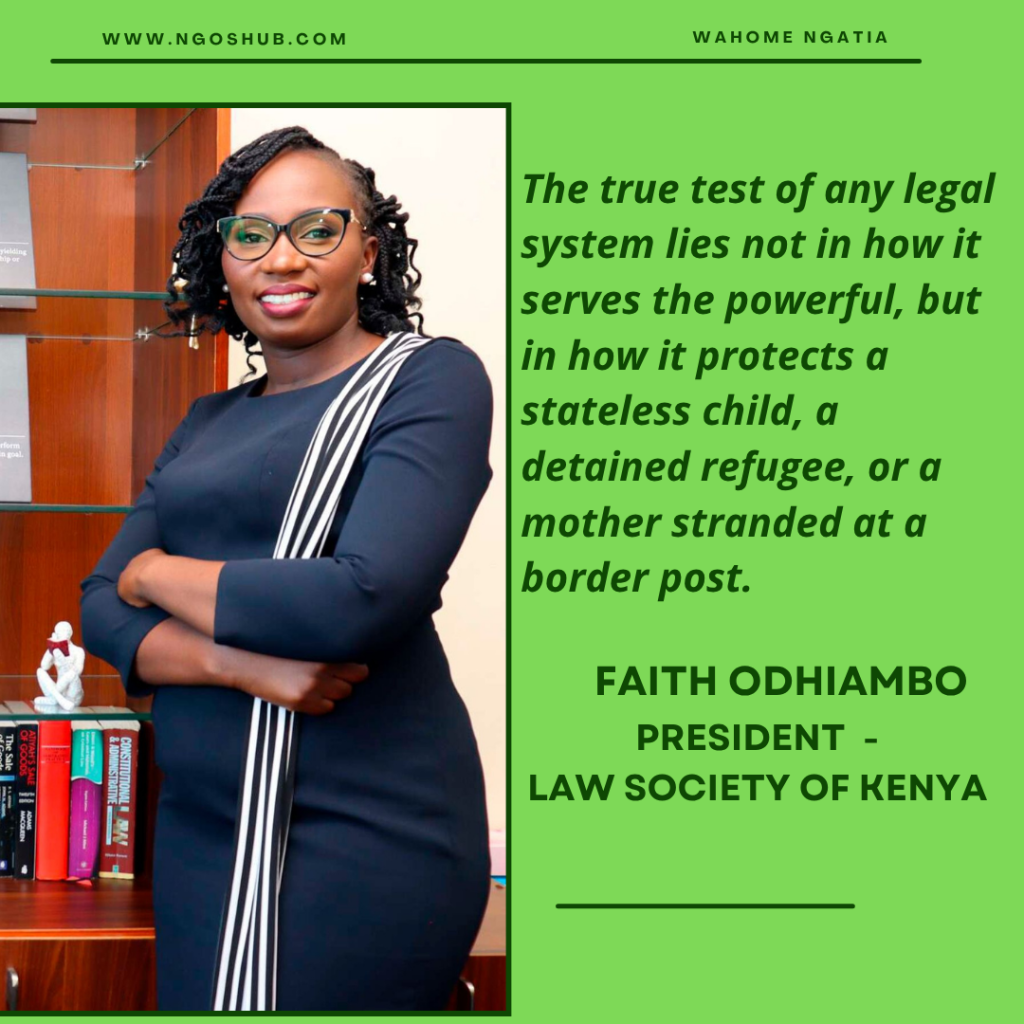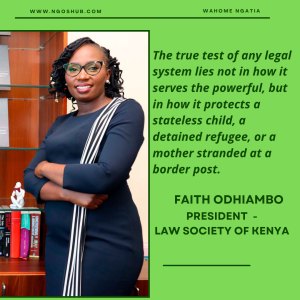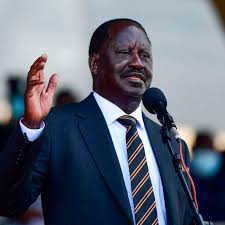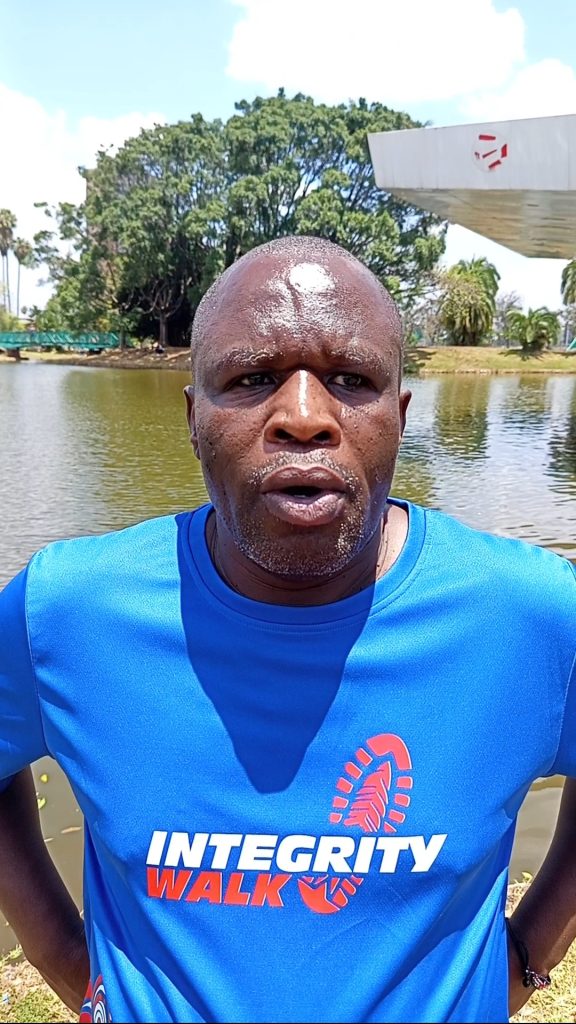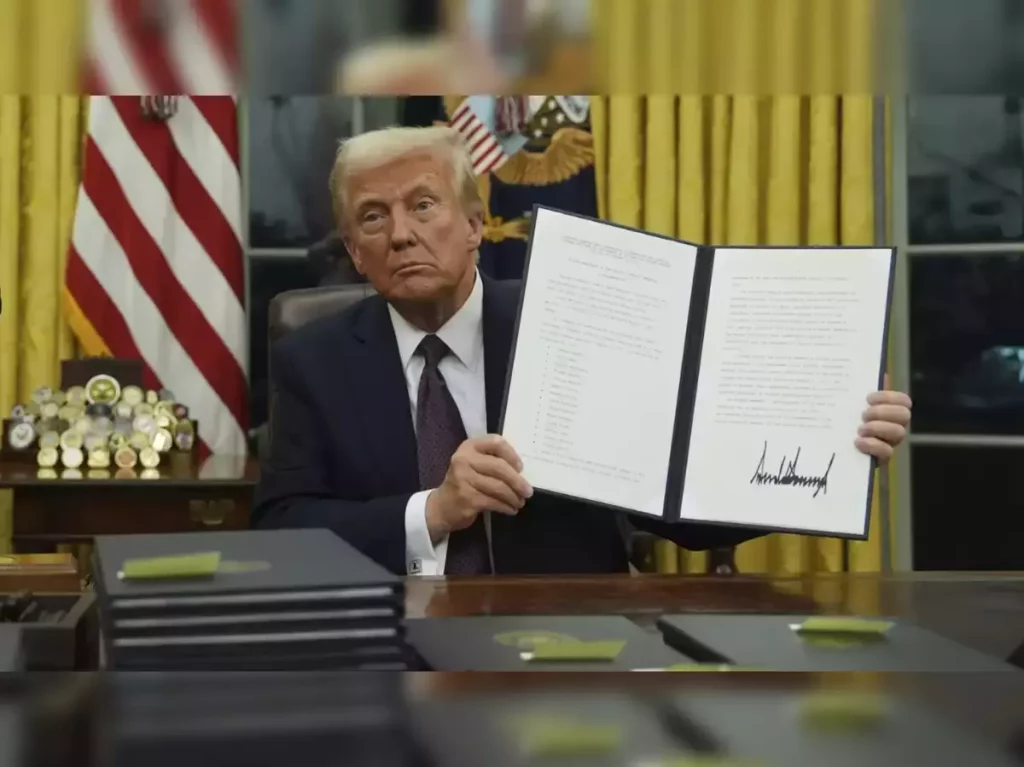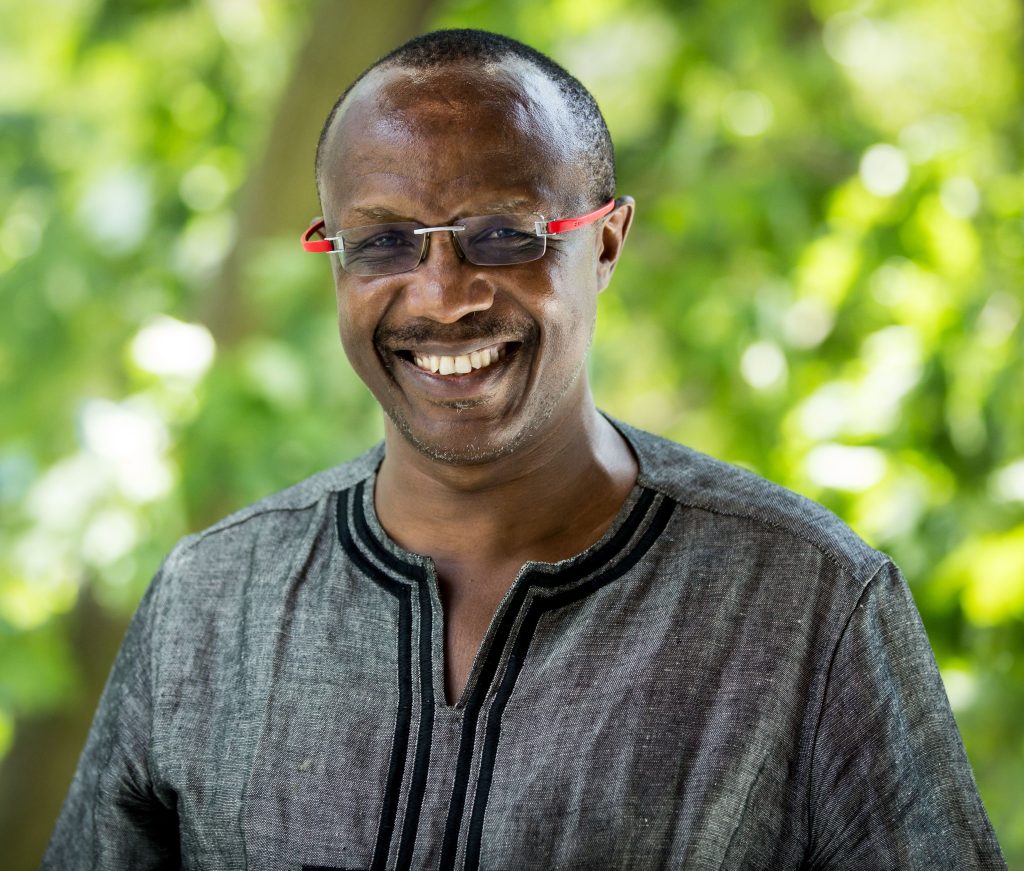By Wahome Ngatia
When the list of NGO Awards 2024 nominees was released, few expected Bunge Mashinani to stand among the giants. For its Executive Director, Michael Mburu, the nomination—and eventual win—came as a surprise.
At the time, the organization had just five staff members and was still riding the wave of a successful campaign to repeal a controversial land law in Kiambu County. In 2016, the county assembly had passed legislation subjecting all land—including freehold titles—to annual land rates. Every landowner would pay 1% of their land’s value; a parcel worth Ksh 10 million, for instance, would attract Ksh 100,000 yearly. Failure to pay would allow the county government to seize and auction the land.
“The law was punitive and regressive,” Mburu recalls. “Most of those affected were elderly people who had owned their land for decades.”
That injustice sparked action. Bunge Mashinani mobilized Kiambu residents, educating them on their constitutional rights and lobbying Members of County Assembly (MCAs) to repeal the law. Their persistence paid off. In 2024, after weeks of citizen demonstrations and petitions—some even threatening to invoke constitutional powers to dissolve the county government—the law was overturned.
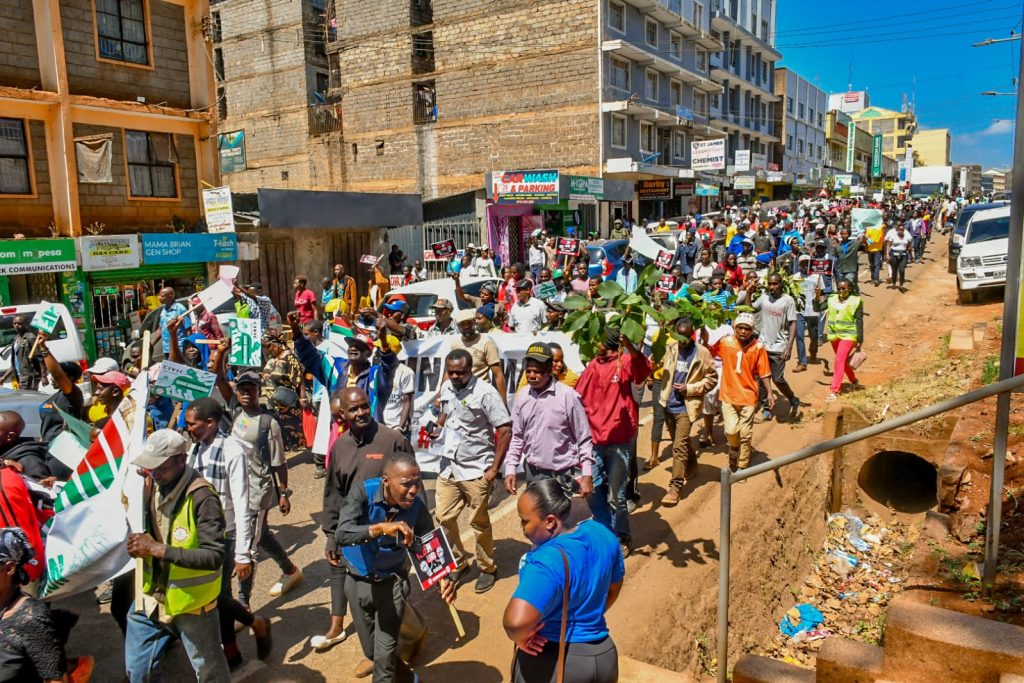
Speaking Truth to Power
Their next crusade came when the Auditor General’s report exposed misappropriation of Ksh 2.27 billion under Governor Kimani Wamatangi’s administration. Bunge Mashinani demanded accountability through letters to the County Assembly, and when ignored, escalated the matter to the Ombudsman. Their efforts prompted the Ethics and Anti-Corruption Commission (EACC) to summon the governor for investigation.
Mburu believes their nomination stemmed from such fearless advocacy. “We didn’t even know we’d been nominated until one of our staff told us. We mobilized our networks, beneficiaries, and communities to vote,” he says.
The Night of Triumph
On 29th November 2024, Mburu and his board chair arrived at Ole Sereni’s ballroom for the awards gala. They could only afford one ticket, but thanks to the organizers, they managed to attend together. “We didn’t have a photographer like the big organizations—just our phones,” he laughs.
When the Governance and Human Rights category was announced, they pressed record on their phones, expecting to document someone else’s victory. Then came the shocker: Bunge Mashinani was the winner. “We were stunned. But I quickly handed someone my phone to capture the moment,” Mburu grins.
The win, he says, was earned purely on merit. This year, they’ve been nominated again—alongside heavyweights like Katiba Institute, Kenya Human Rights Commission (KHRC), and Vocal Africa.
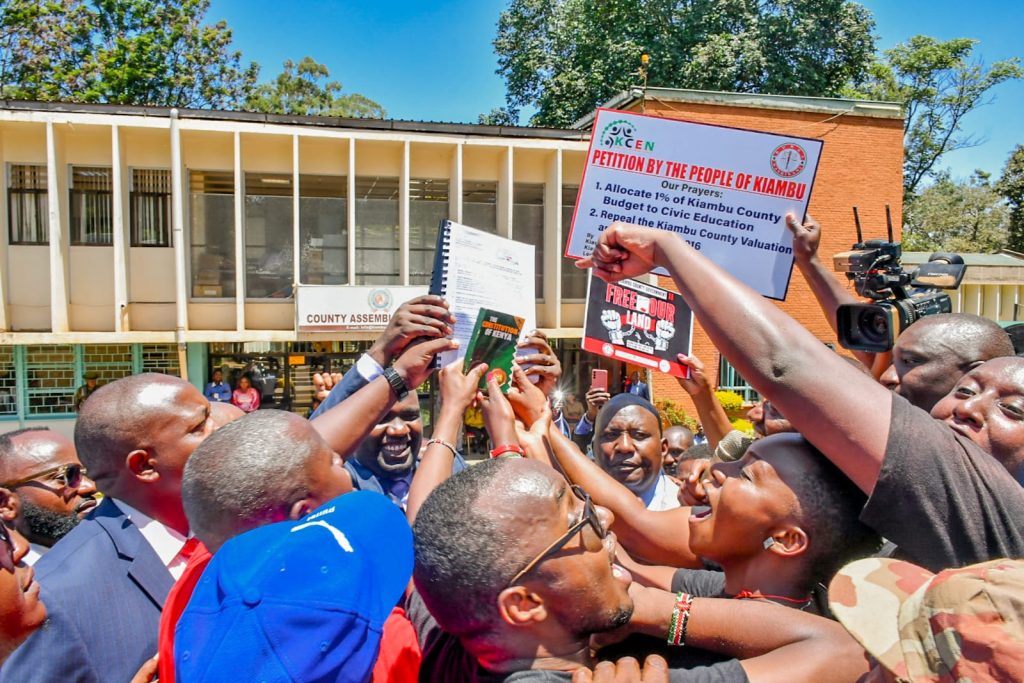
Civic Education with a Beat
Founded to help citizens exercise their constitutional power, Bunge Mashinani has evolved over time but stayed true to its civic education mission. One of its most innovative approaches involves reaching young people through music concerts—especially in vibrant hubs like Ruaka township.
Every month, they organize community concerts, offering free Wi-Fi and featuring local DJs and artists. “Young people crave internet access, but data is expensive. Once they come for the music and Wi-Fi, we use that platform to teach them about governance and public policy,” Mburu explains.
They also run a Governance School, where citizens learn to engage in county budgeting, devolution, and public participation. The curriculum covers six core areas:
– The Constitution of Kenya
– Devolution
– County budgeting and planning
– Public participation
– Social accountability
– Lobbying and advocacy
This model has yielded visible impact. Karuri Hospital was built after intense citizen lobbying, and Gathiri village now boasts piped water, paved roads, and street lighting—direct results of informed civic engagement.
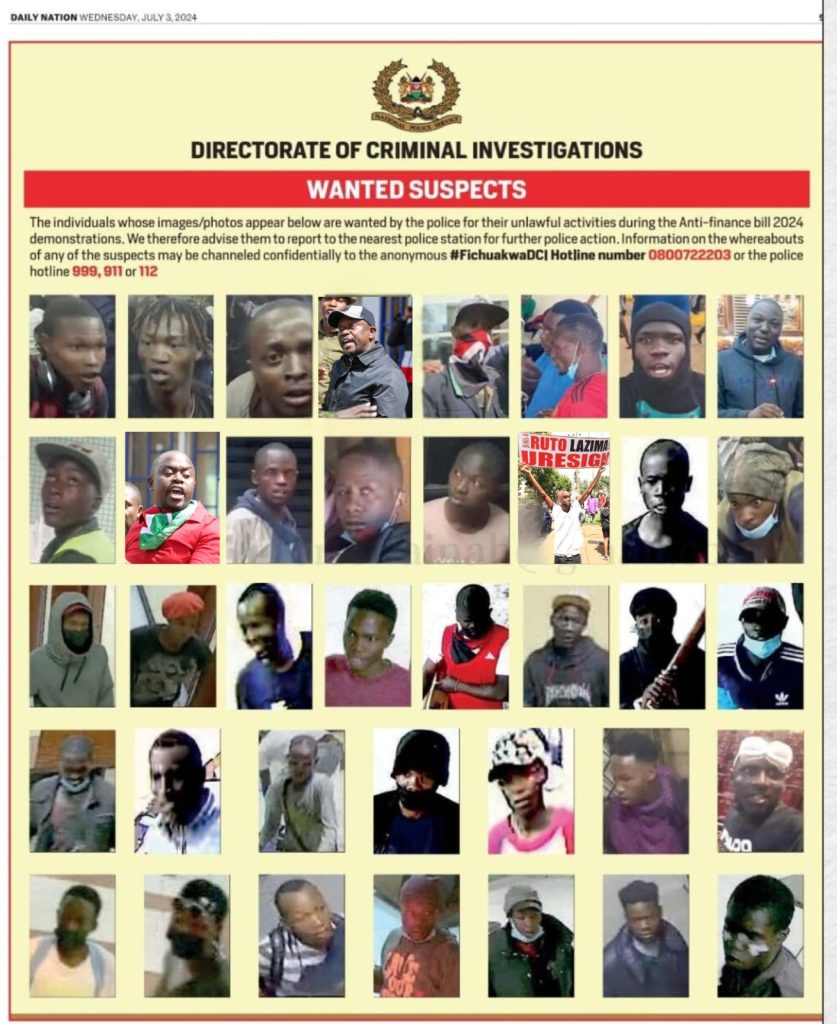
Weathering the Storm
Despite their success, Bunge Mashinani has faced serious challenges—threats of deregistration, online smear campaigns, and even being listed as “wanted criminals” by the Directorate of Criminal Investigations.
Still, they’ve endured. “Our commitment to the rule of law keeps us grounded,” Mburu asserts. With a lean team of five, the organization continues to grow, refining its processes and preparing to expand beyond Kiambu County.
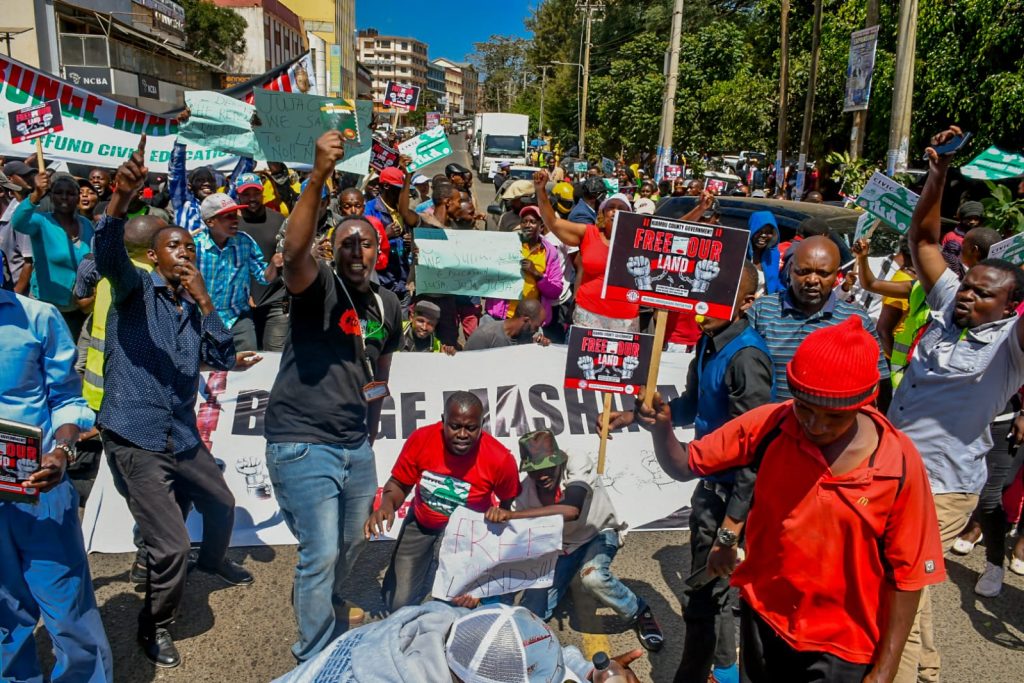
Power in the People
Bunge Mashinani’s journey is proof that change doesn’t always begin in boardrooms—it starts in the grassroots. From village assemblies to national recognition, their story is a masterclass in persistence, people power, and the enduring spirit of Kenya’s civic movement.

